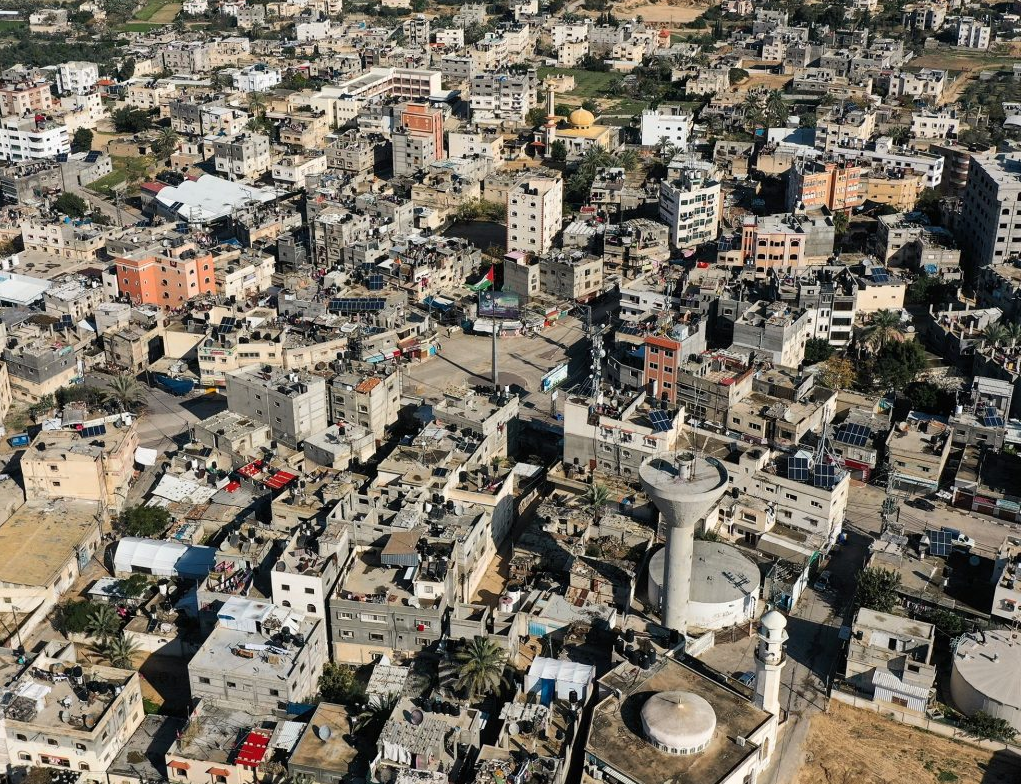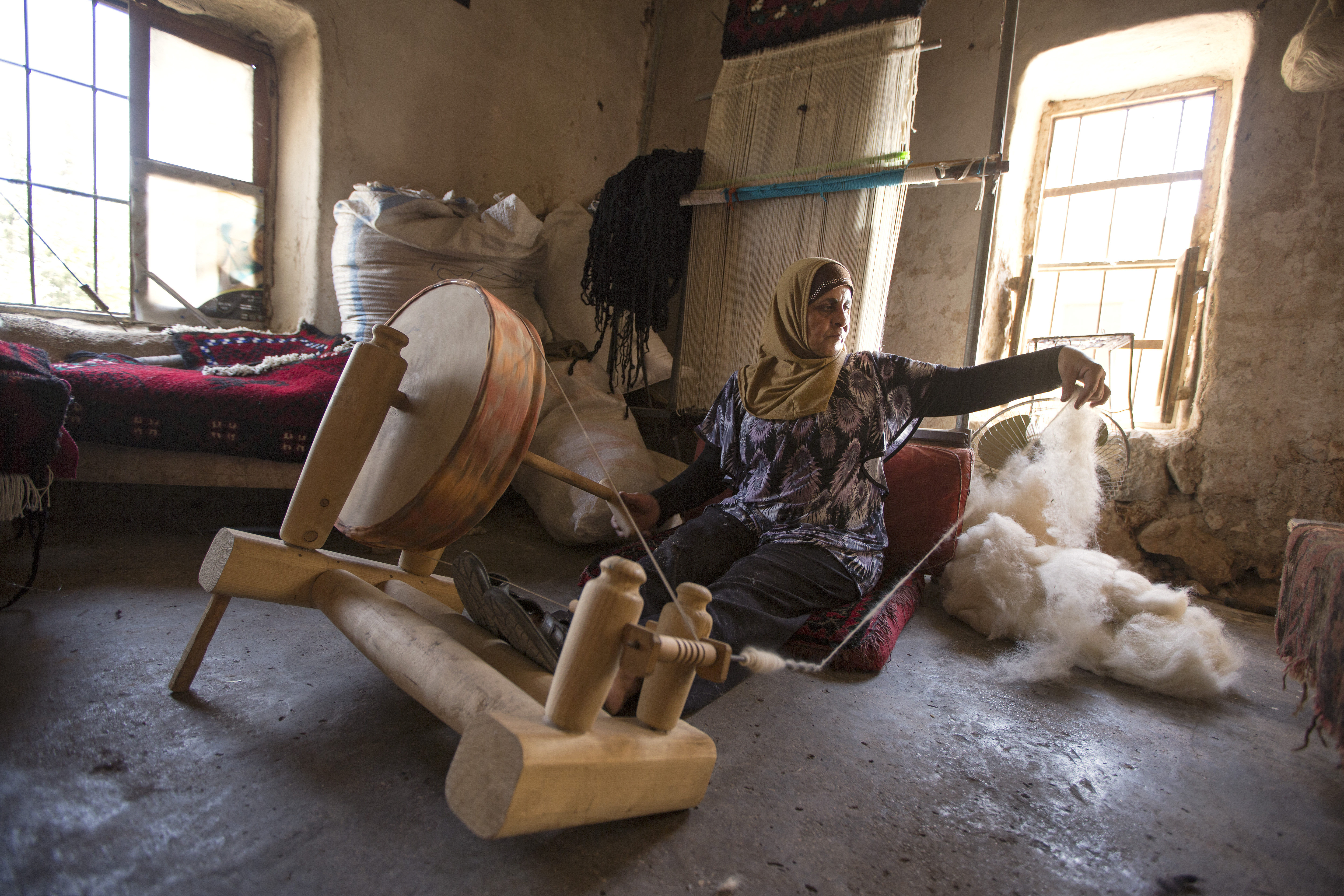At the 12th World Urban Forum (WUF12) in Cairo, Cities Alliance and ClimaMed facilitated a crucial dialogue with Palestinian mayors, the Minister of Local Affairs, municipal representatives from Gaza, and international urban experts.
The discussion addressed the multifaceted challenges faced by Palestinian local authorities and highlighted the urgent need for a comprehensive and inclusive reconstruction plan, with women’s empowerment as a cornerstone. Participants called for the urgent need to place women at the heart of any future rebuilding and recovery efforts, to ensure they effectively reflect the needs of local communities and are not shaped by external, top-down models.
Even before the current escalation, Palestinian women faced systemic challenges due to prolonged economic stagnation, restricted access to essential services, and deeply rooted societal barriers. In 2022, only 19 per cent of women participated in the workforce, according to the Palestinian Central Bureau of Statistics. Despite these challenges, strides have been made through initiatives such as the National Strategy for Palestinian Women (2017–2022) and the introduction of a 20 per cent women’s quota in local councils. These steps have helped integrate gender perspectives into urban planning, contributing to safer public spaces for women and other vulnerable groups.
We prepared plans for public spaces, ensuring they are made safe and accessible for women, children, and other vulnerable groups in society.
Haya Al Agha, Khan Younis representative, Gaza Strip
The ongoing conflict has exacerbated these challenges. 70 per cent of casualties being civilians, many of them women and children. Displacement into temporary shelters has heightened risks of sexual violence and exploitation, disproportionately impacting women. In times of crisis, women’s voices are often silenced, and their needs overlooked.
Women-centred recovery: A path to resilience
Recovery efforts must actively involve women in shaping priorities for essential services and infrastructure. Drawing from Cities Alliance’s experience in gender-sensitive urban planning, inclusive approaches can lead to the development of housing, childcare facilities, healthcare centres, and safe public spaces. Community-driven models, such as the Community Upgrading Fund (CUF), empower women’s groups to lead reconstruction projects, ensuring that recovery aligns with local priorities.
As shown in our research on women's integration in Ukraine's reconstruction, economic opportunities, such as employing women and youth in local construction initiatives, can foster widespread societal benefits. Recovery plans should also address the psychosocial toll of conflict by incorporating tailored mental health support services.
By approaching the issue creatively and locally, we can develop plans that enable a quicker recovery and more sustainable solutions.
Haya Al Agha, Khan Younis representative, Gaza Strip
A recovery framework that positions women as leaders, not victims, will empower communities and contribute to more inclusive and resilient cities. This has been evidenced in Tunisia’s Femmedina project, where women’s involvement in urban planning has created safer, more equitable spaces. In the aftermath of conflict, prioritizing recovery approaches that reflect local needs and contexts is essential.
I was pleased to see many Palestinian experts contributing to this forum. This highlights the need for local experts and cities to lead the process, with global support backing their efforts.
Issa Kassis, Mayor of Ramallah





